A gorgeous Devon home owned by a great novelist and a Hollywood star, set in one of Britain's most unusual seaside villages... and it even has a bargain price tag
The Old Rectory at Clovelly is everything you could dream of in a Devon home. Or at least it could be, after a *lot* of hard work...
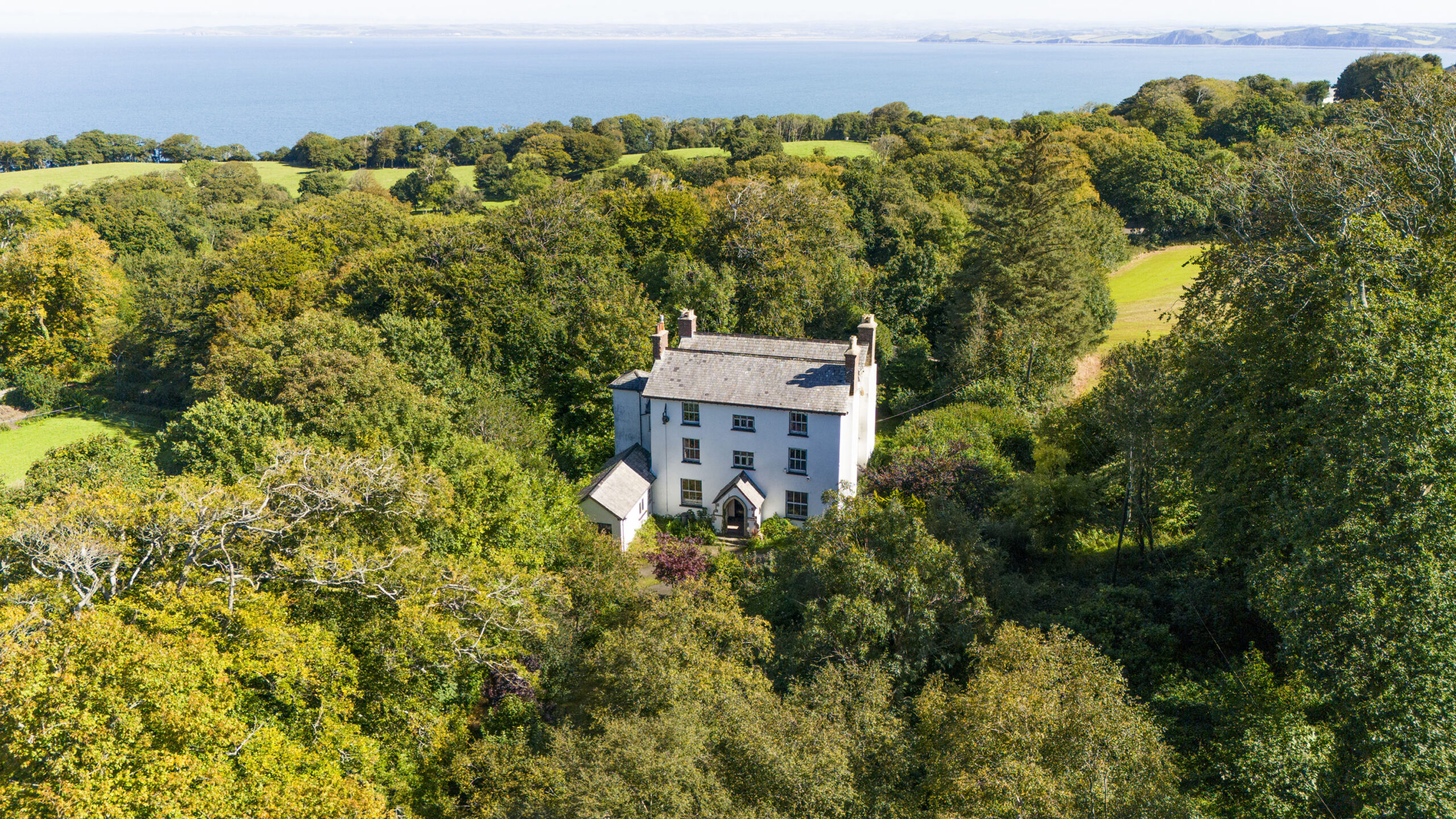

Devon is a big county, but a small world or, rather, a lot of small worlds where everyone knows everyone else. Just such a world is the 4,600-acre Clovelly estate in north Devon, 11 miles from Bideford and 20 miles from Barnstaple, which has been owned by only three families since the 13th century.
It includes the picturesque seaside village of Clovelly and its surrounding land, comprising some 80 cottages, two chapels, two hotels and a 14th-century harbour, as well as several hundred acres of amenity woodland and five farms, all now owned by John Rous, who inherited the estate, aged 33, in 1983. Historically, among Clovelly’s most influential owners was Mr Rous’s mother’s great-aunt Christine Hamlyn, who owned Clovelly from 1884–1936 and spent her husband’s fortune renovating the estate.
It was a different story on the run-up to the recession of the late 1980s, as Mr Rous revealed in an interview with Country Life in 2021: ‘When I started, it was quite a challenge. The trustees had no option but to sell off outlying farms in order to fund investment in the remaining farms. It was a very difficult time.’ Thereafter, Mr Rous set out to increase the estate’s tourist income by sustained long-term investment in the village, which is now a thriving international tourist destination.
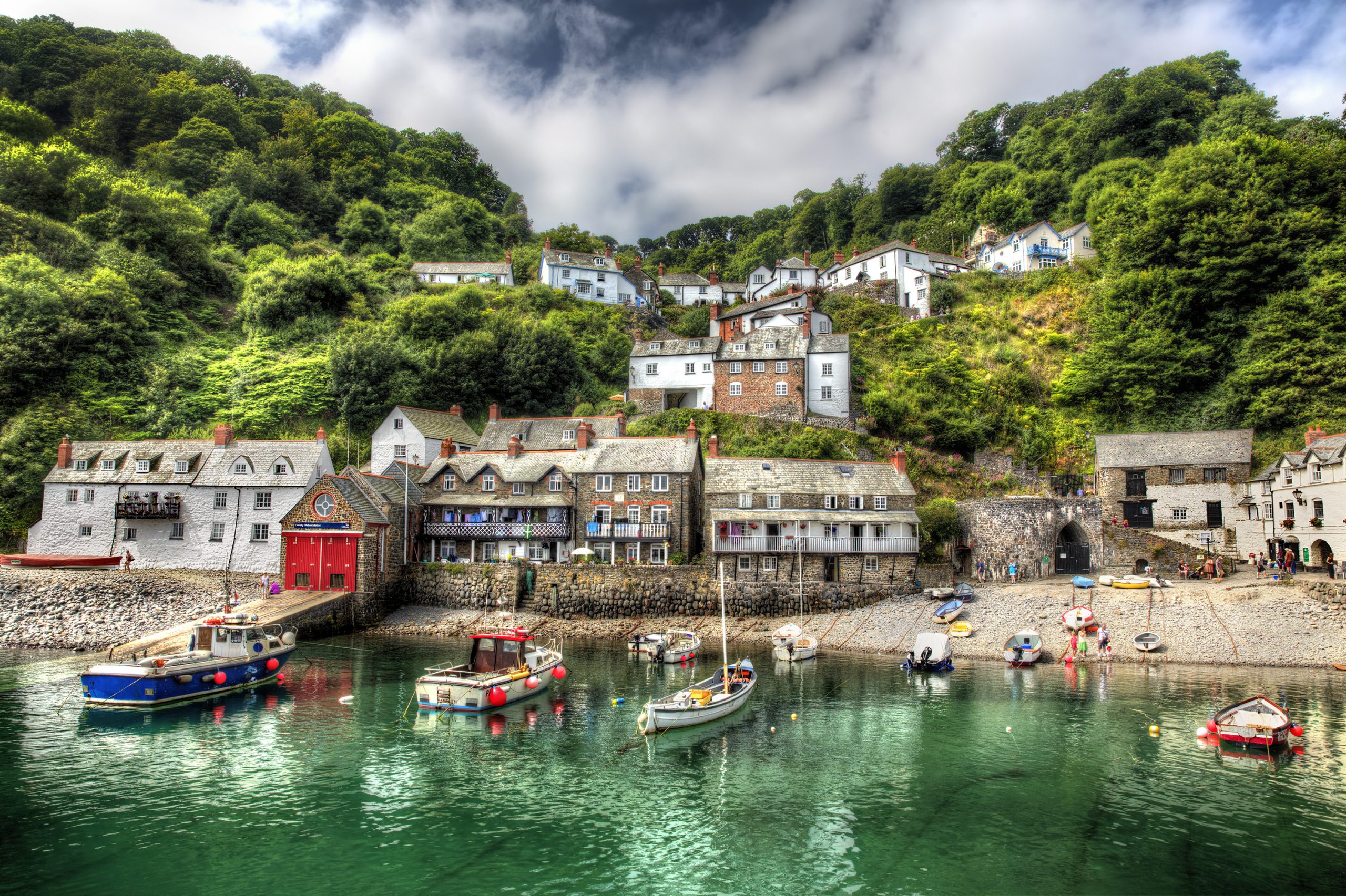
In the late 1980s, the decision was taken to sell The Old Rectory in Higher Clovelly, a handsome Georgian house set in 1¾ acres of gardens in a private woodland setting at the heart of the estate, half a mile inland from the harbour village. The former rectory had been the childhood home of the novelist Charles Kingsley, author of The Water Babies, who lived there as a child from 1831–36 when his father, the Revd Charles Kingsley, served first as senior curate and then as rector. His novel Westward Ho! (1855), set initially in Bideford, is said to have stimulated interest in the area generally, Clovelly in particular, and also inspired the name of the eponymous seaside village.
In 1989, a Country Life advertisement for The Old Rectory caught the eye of the actor Joss Ackland and his wife, Rosemary, who bought it that same year. Already a seasoned Shakespearean actor, Ackland, then aged 61, had recently hit the big time following stellar performances as a Mafia godfather in the 1987 film The Sicilian, as Sir Jock Delves Broughton in White Mischief the same year. By the time he saw Clovelly he had not long finished shooting Lethal Weapon 2 with Mel Gibson and Patsy Kensit, in which he played a corrupt and murderous South African diplomat. How better to relax after that stress than to head for the coast of North Devon?
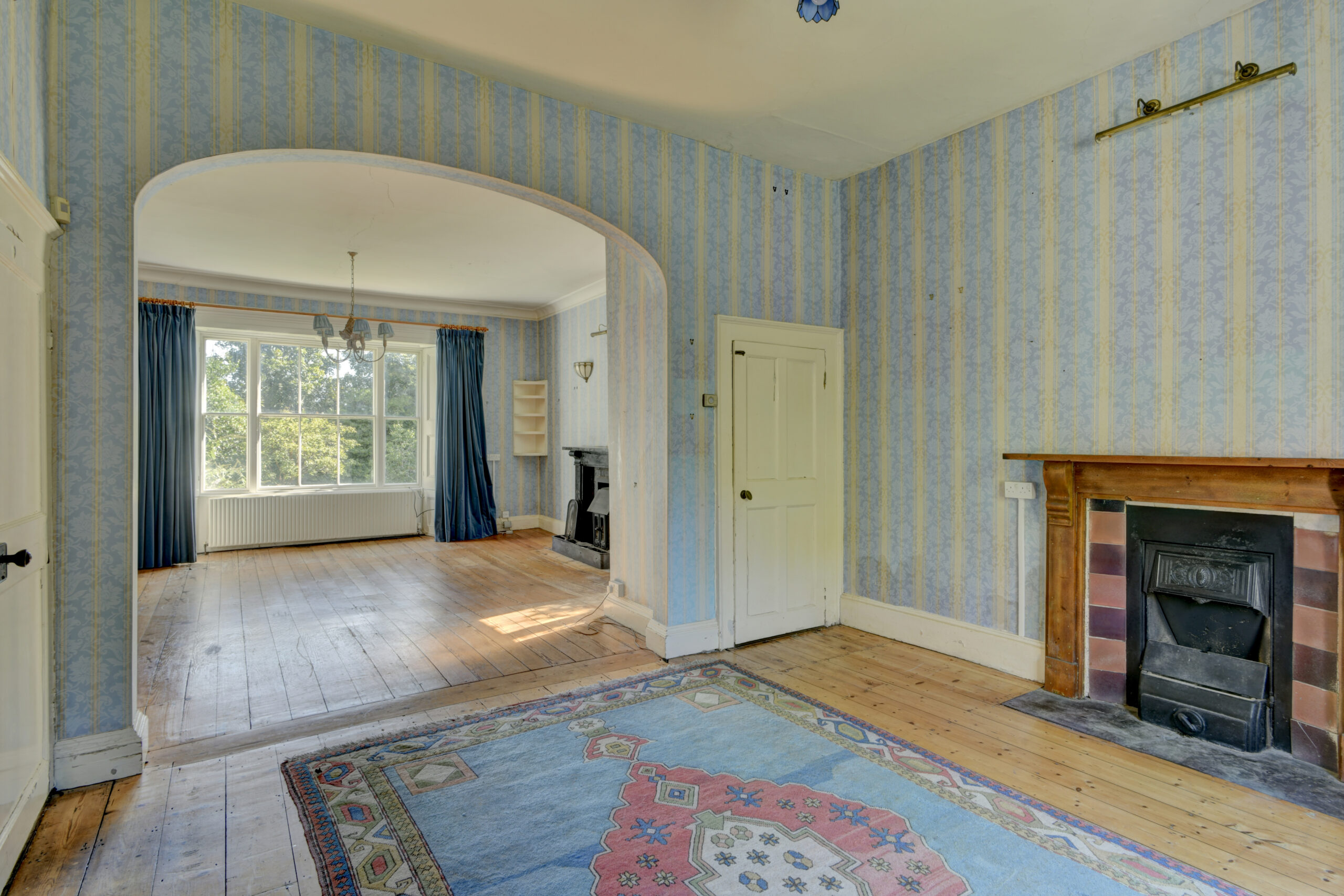
Not that relaxing was Ackland’s style. A self-confessed workaholic, he took on more than 130 film, radio and television roles in his career, as well as promotional videos for Clovelly, where he was a much-loved local figure. The couple’s 51-year marriage was a happy one despite great personal tragedy, which saw Ackland caring for his wife at home when she was diagnosed with motor neurone disease. She died in there in 2002.
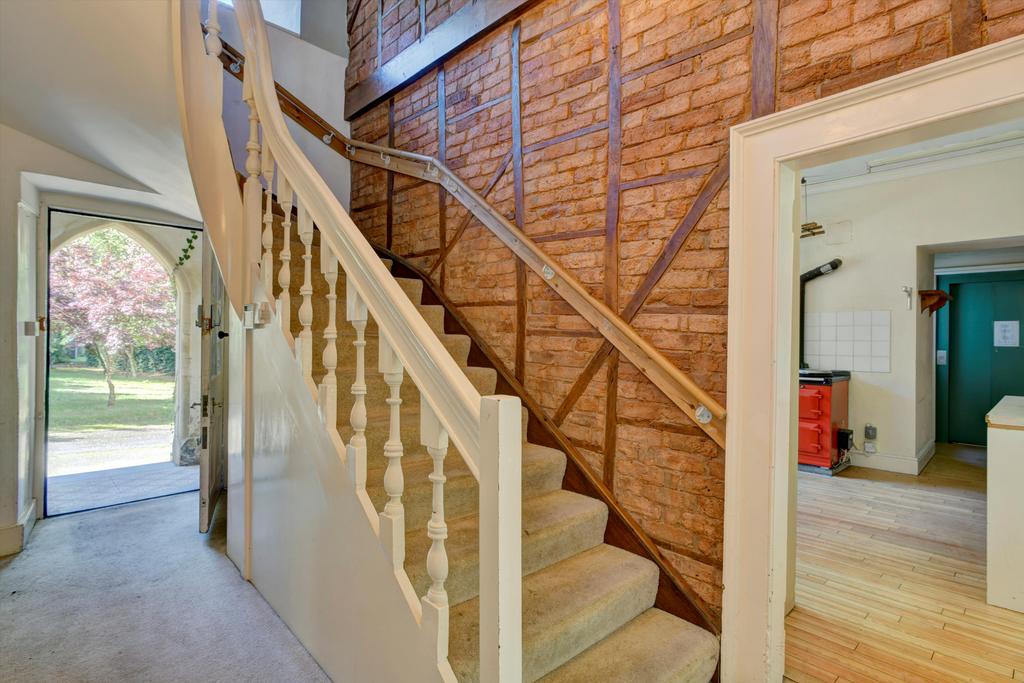
Still grieving, he carried on alone at his beloved Old Rectory, which Country Life contributor Rory Knight Bruce, visiting in June 2010, likened to ‘the eyrie of an albatross who has come to rest. He is surrounded by books, several striking John Bratby paintings and his desk, like Balzac’s at his home in Paris, allows him to face outwards with a large garden window behind… even today Ackland never forgets a part, place or person he has known’.
Sign up for the Country Life Newsletter
Exquisite houses, the beauty of Nature, and how to get the most from your life, straight to your inbox.
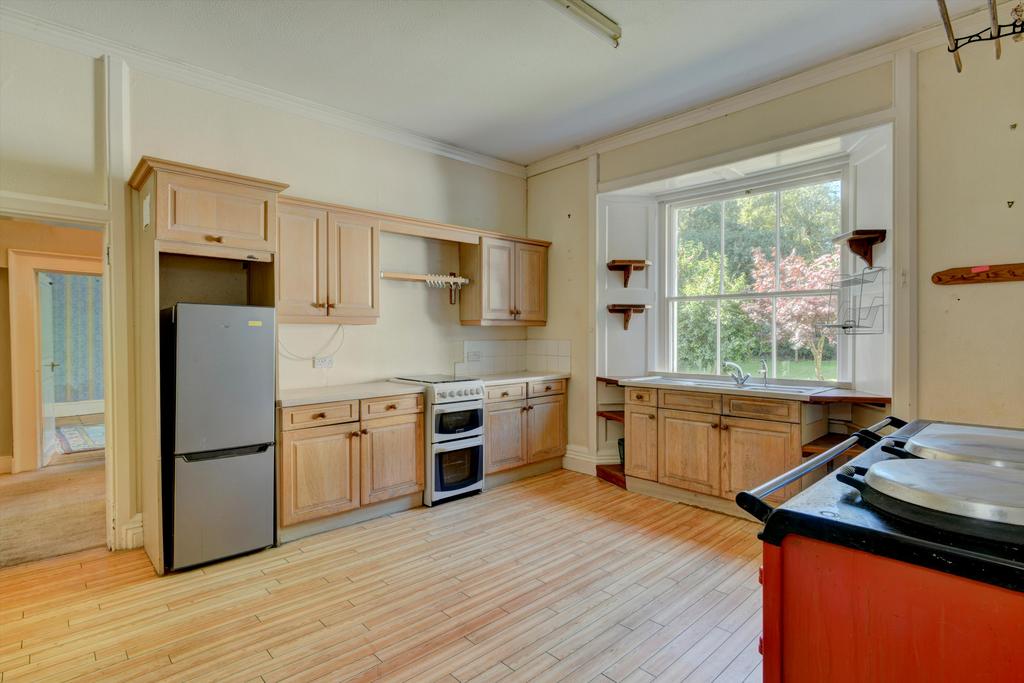
Joss Ackland died at Clovelly, aged 95, on November 19, 2023, surrounded by family members: at that point, they numbered six surviving children and 34 grandchildren and great-grandchildren, and the family has put the much-loved family home on the market. Florence Biss of Knight Frank in Exeter is handling the sale of a house which needs ‘needs a fair amount of work’.
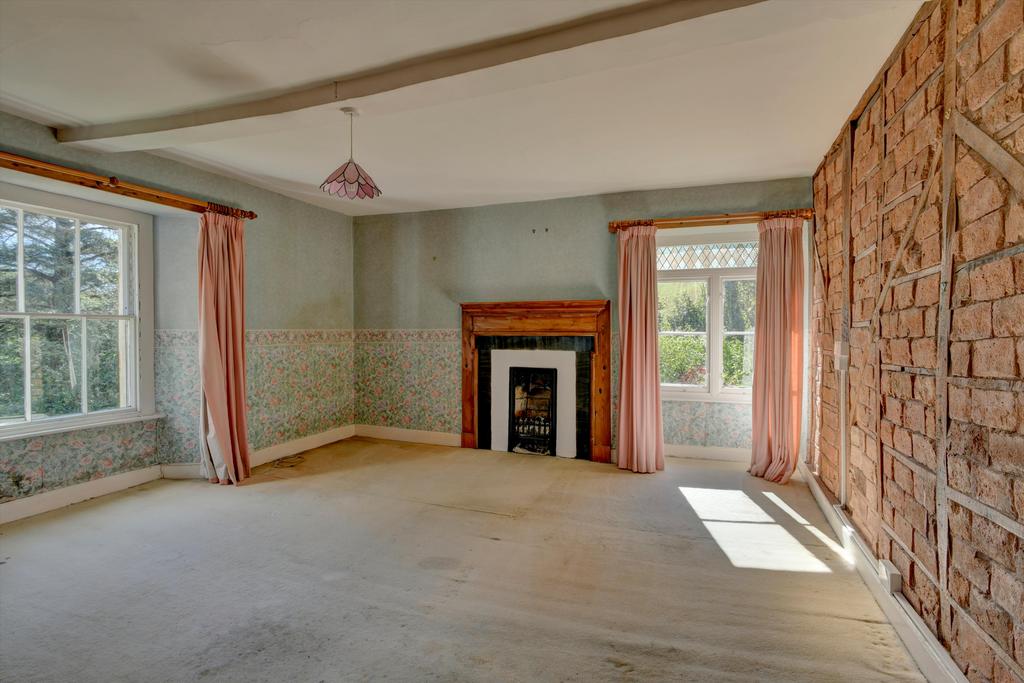
Looking at the pictures that might be something of an understatement, but it's absolutely liveable, and is priced keenly at £1.4 million to give the buyer plenty of scope to get things done.
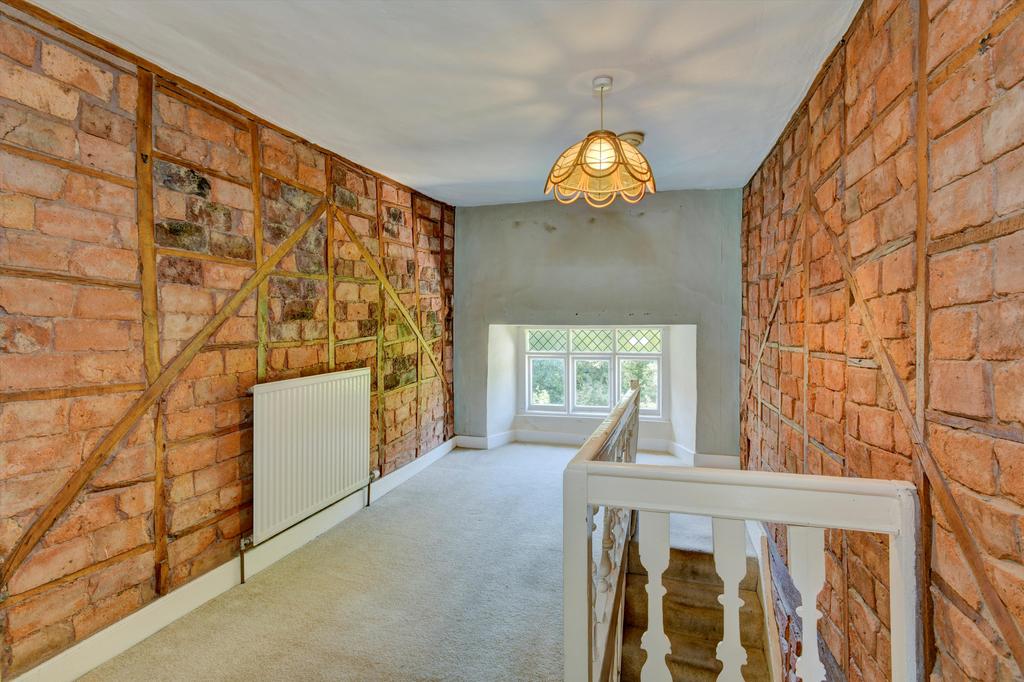
Built on three floors over a basement with a white-painted and rendered exterior under a slate roof, the four-square, 5,190sq ft, 19th-century house is arranged on an east-west axis with the rear facing east towards the sea.
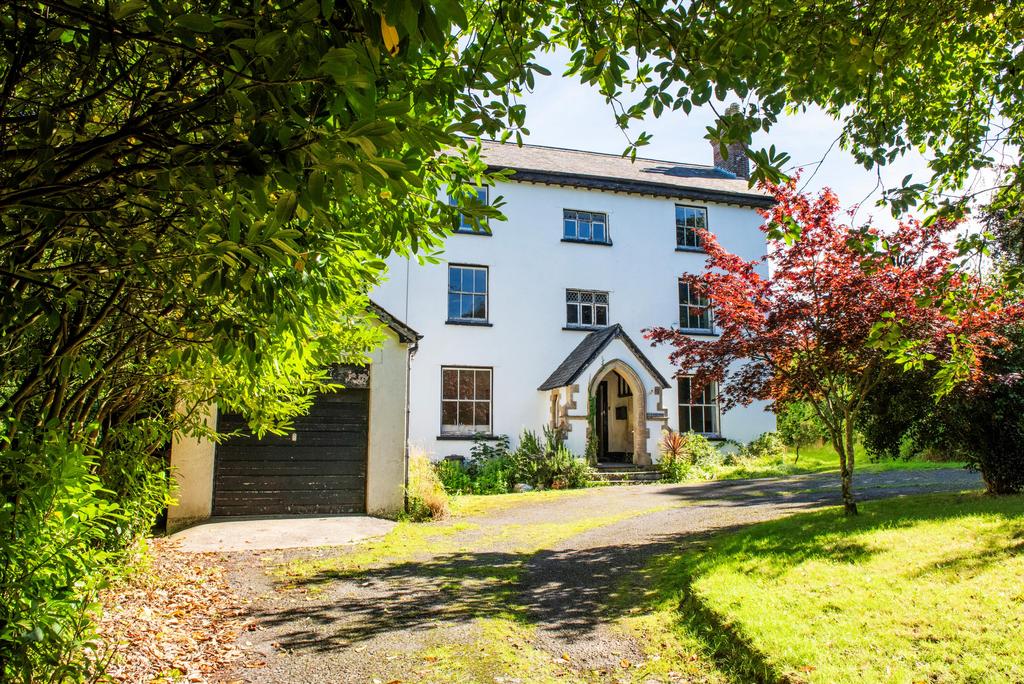
The ground floor provides three good-sized reception rooms, with the sitting and dining rooms interconnecting to create one large family room if needed. A large games room in the basement is heated by a wood-burning stove and well lit by natural light flowing in through wide, semi-circular windows.
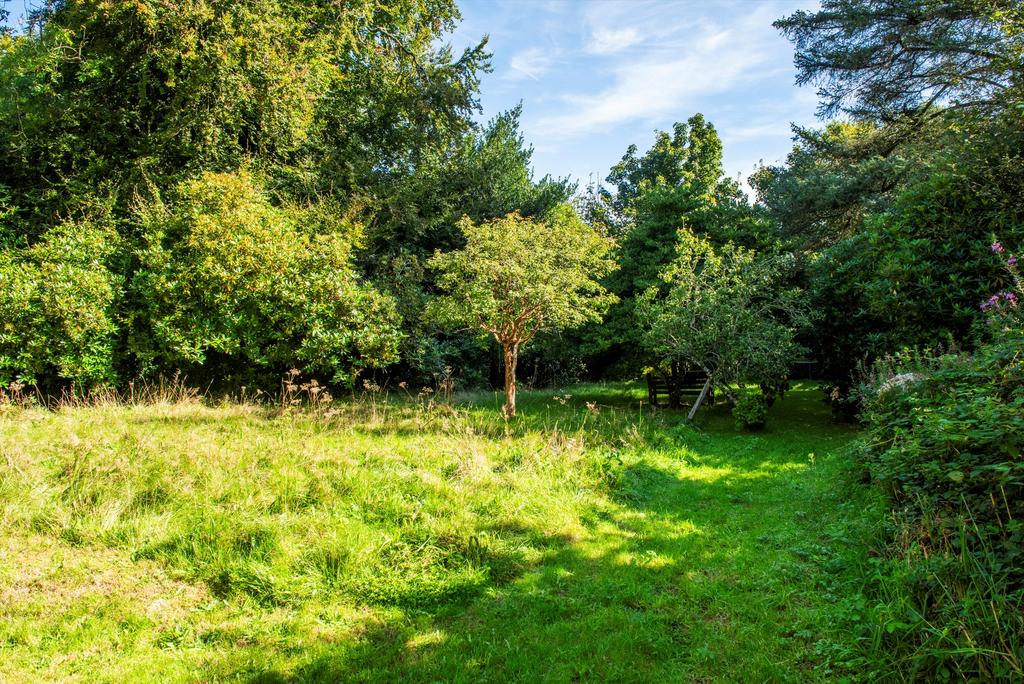
The house offers eight double bedrooms and two bathrooms laid out over two floors, all of which enjoy views over the grounds, with five looking out towards the coast. An eight-person lift, big enough for a large wheelchair, connects all three floors.
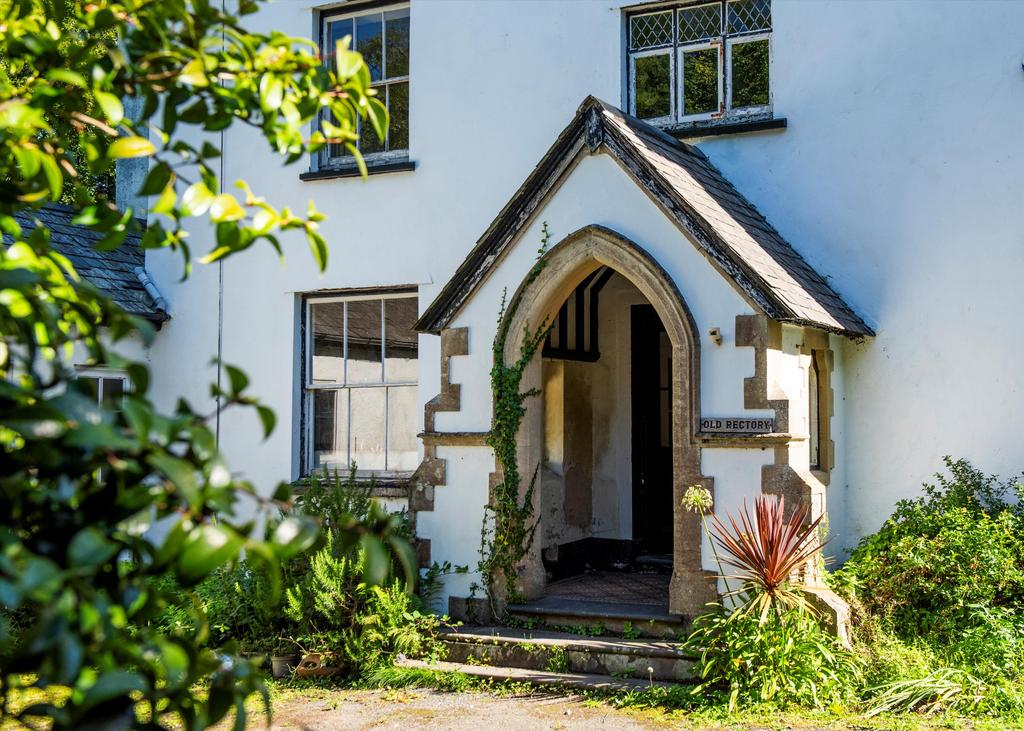
The house sits centrally within its grounds, which consist of level lawns that blend into mature woodland — a rich mix of broadleaf and evergreen native species concealing a charming timber summer house.
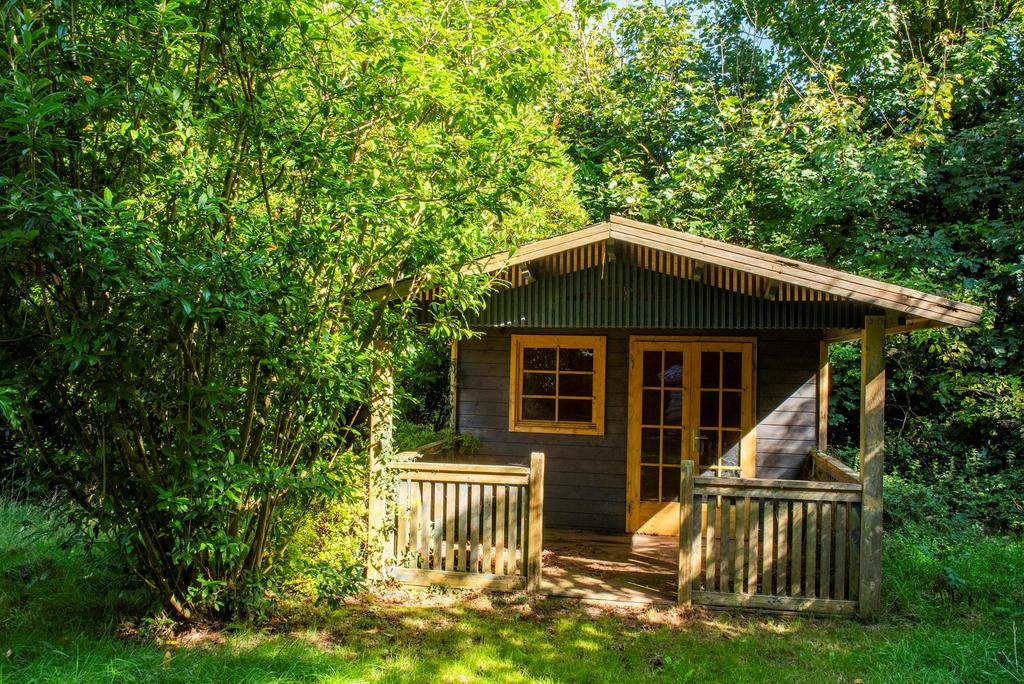
The Old Rectory is for sale at £1.4 million — see more details and pictures.
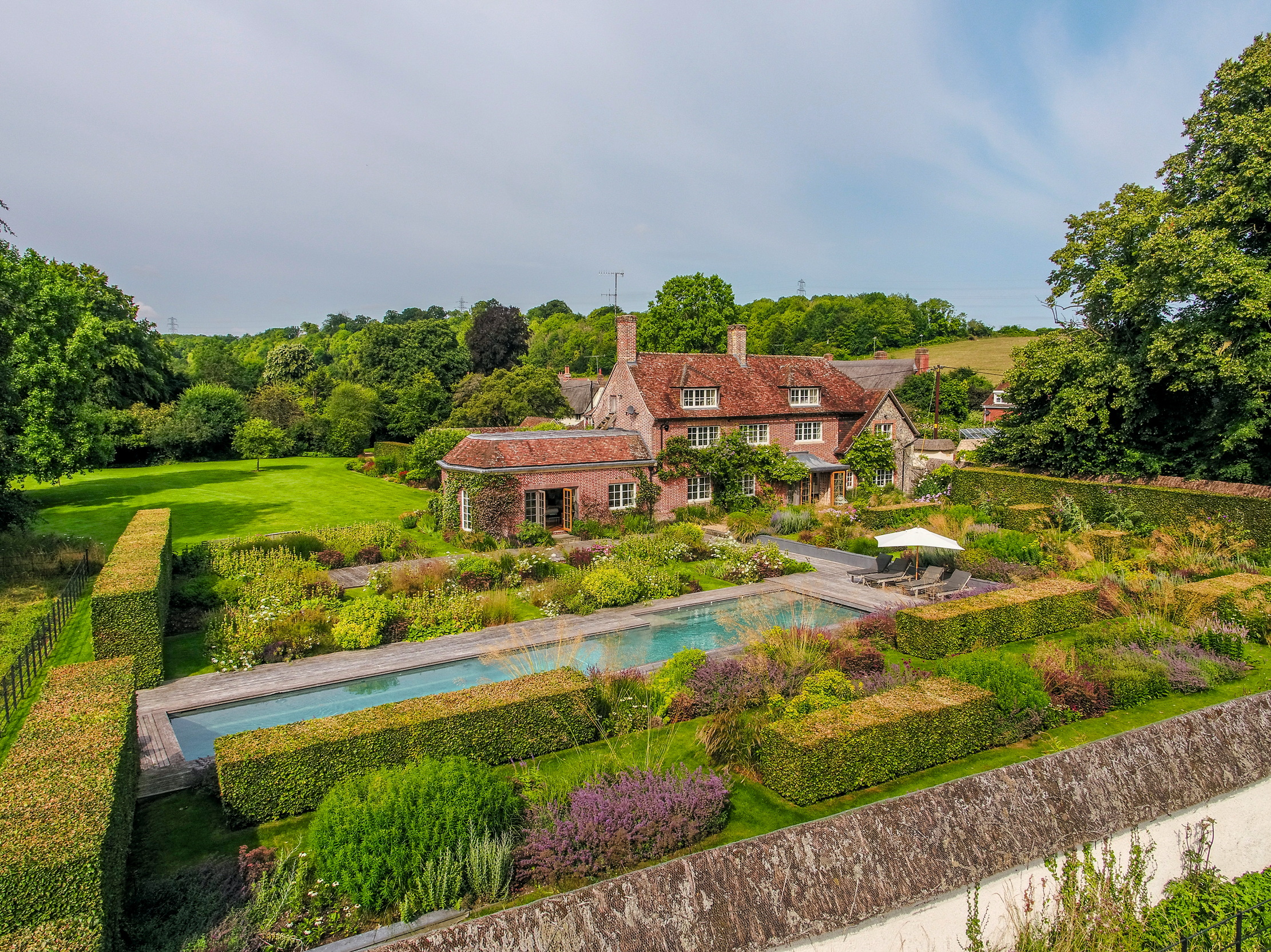
Credit: Strutt and Parker
Best country houses for sale this week
An irresistible West Country cottage and a magnificent Cumbrian country house make our pick of the finest country houses for
-
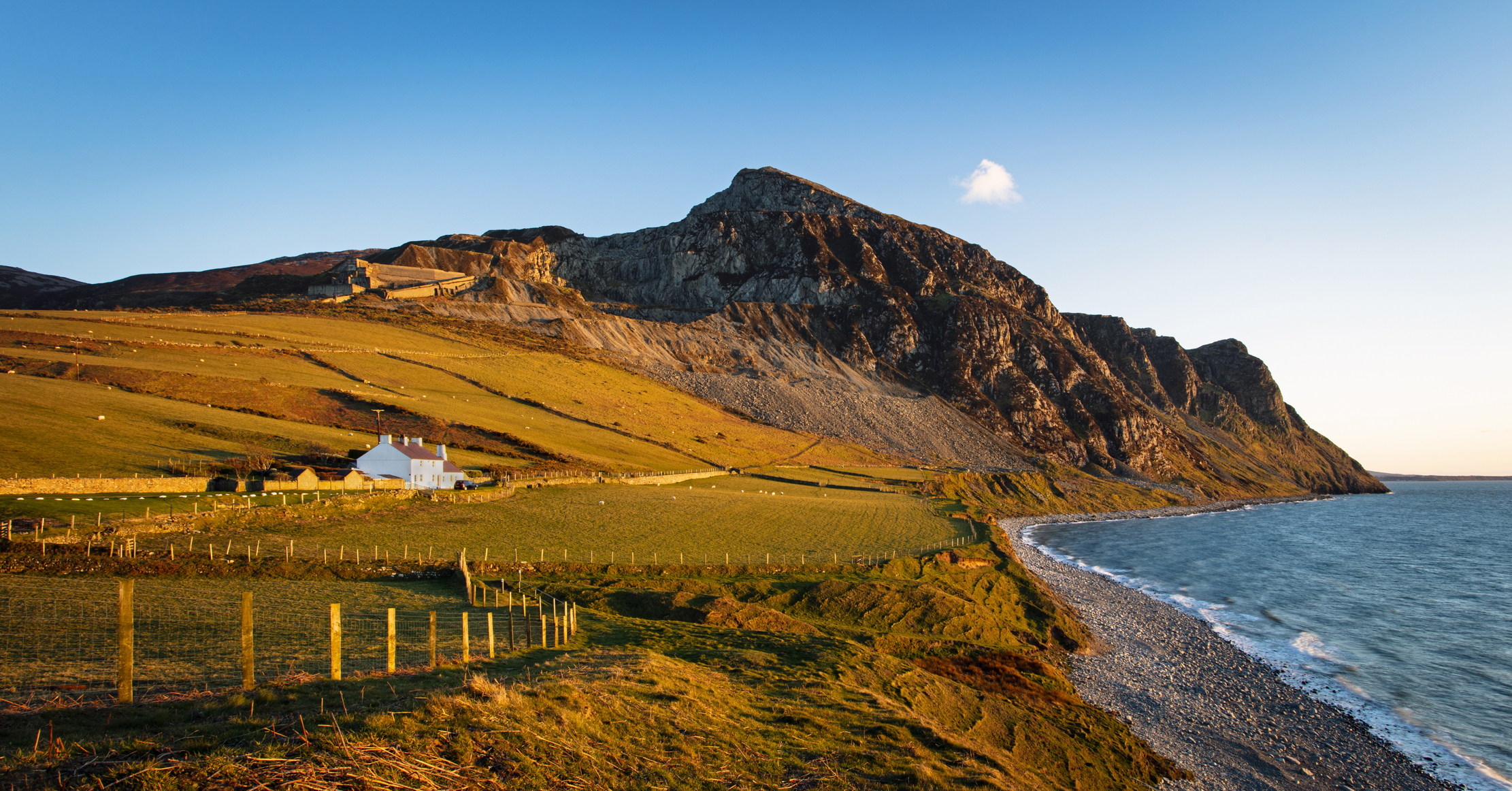 London is the place for me* (*the discerning property buyer)
London is the place for me* (*the discerning property buyer)With more buyers looking at London than anywhere else, is the 'race for space' finally over?
By Annabel Dixon Published
-
 Helicopters, fridges and Gianni Agnelli: How the humble Fiat Panda became a desirable design classic
Helicopters, fridges and Gianni Agnelli: How the humble Fiat Panda became a desirable design classicGianni Agnelli's Fiat Panda 4x4 Trekking is currently for sale with RM Sotheby's.
By Simon Mills Published
-
 London is the place for me* (*the discerning property buyer)
London is the place for me* (*the discerning property buyer)With more buyers looking at London than anywhere else, is the 'race for space' finally over?
By Annabel Dixon Published
-
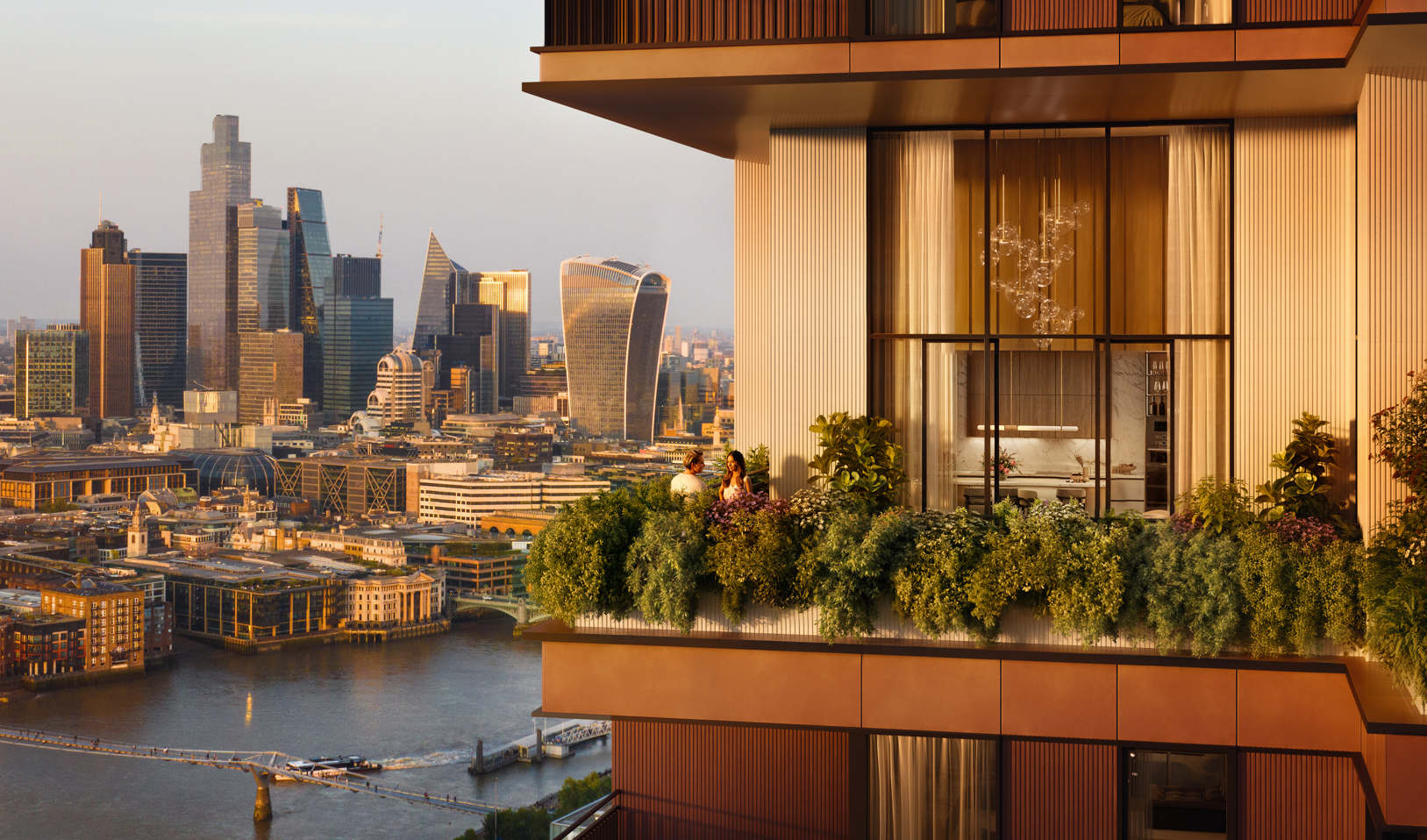 What's a 'wellness village' and will it tempt you back into the office?
What's a 'wellness village' and will it tempt you back into the office?The team behind London's first mixed-use ‘wellness village’ says it has the magic formula for tempting workers back into offices.
By Annunciata Elwes Published
-
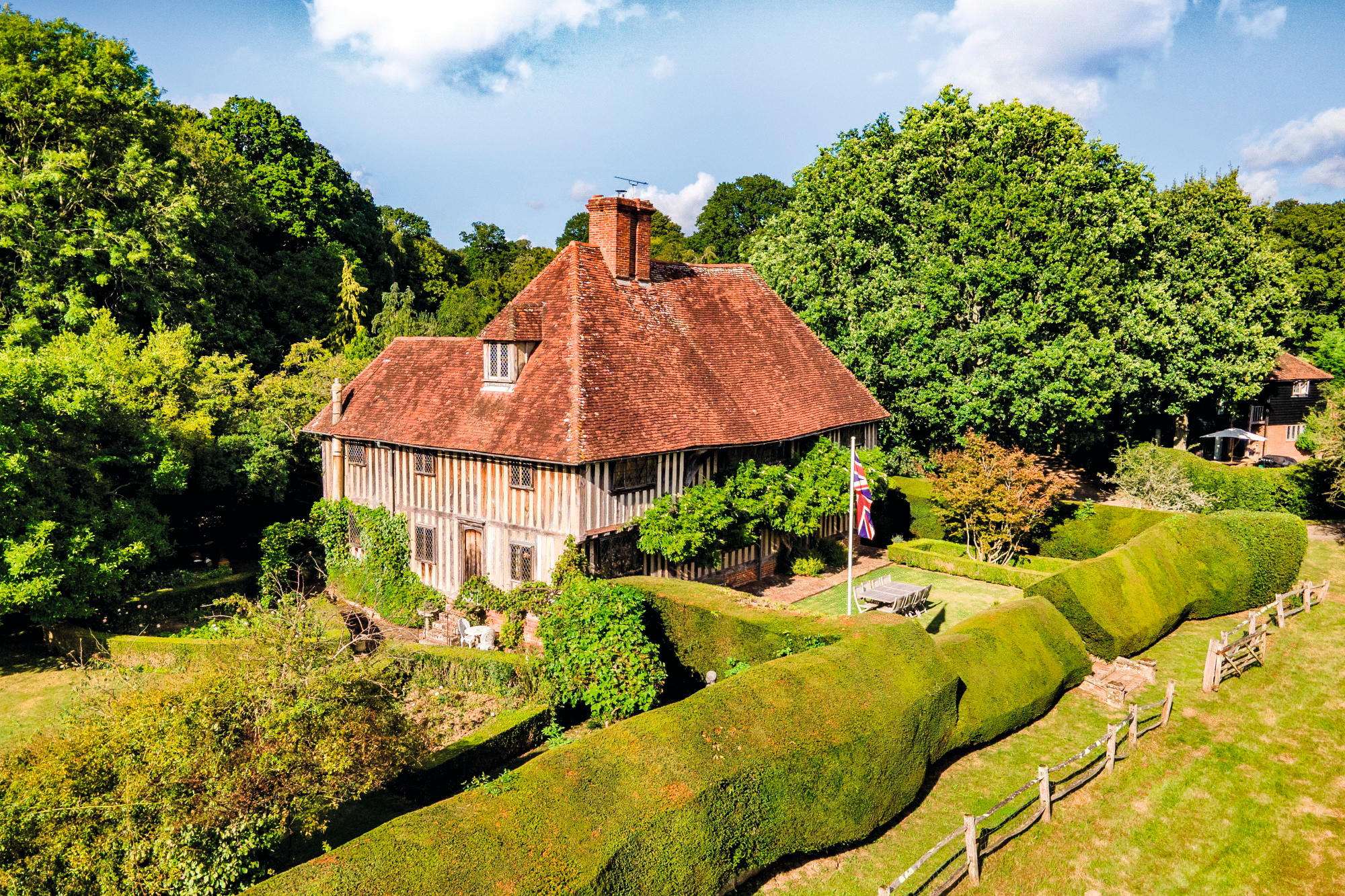 A mini estate in Kent that's so lovely it once featured in Simon Schama's 'History of Britain'
A mini estate in Kent that's so lovely it once featured in Simon Schama's 'History of Britain'The Paper Mill estate is a picture-postcard in the Garden of England.
By Penny Churchill Published
-
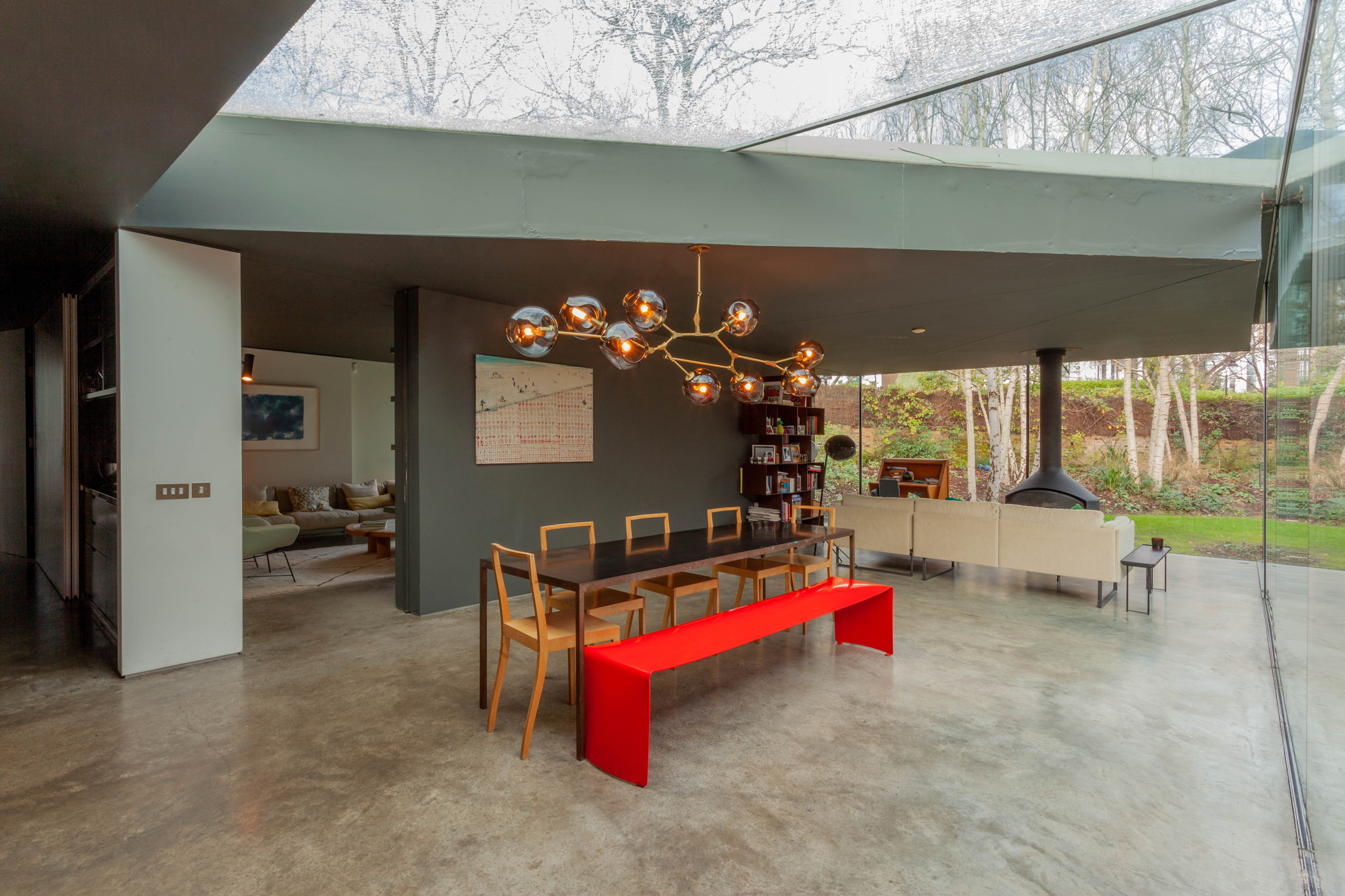 Hidden excellence in a £7.5 million north London home
Hidden excellence in a £7.5 million north London homeBehind the traditional façades of Provost Road, you will find something very special.
By James Fisher Published
-
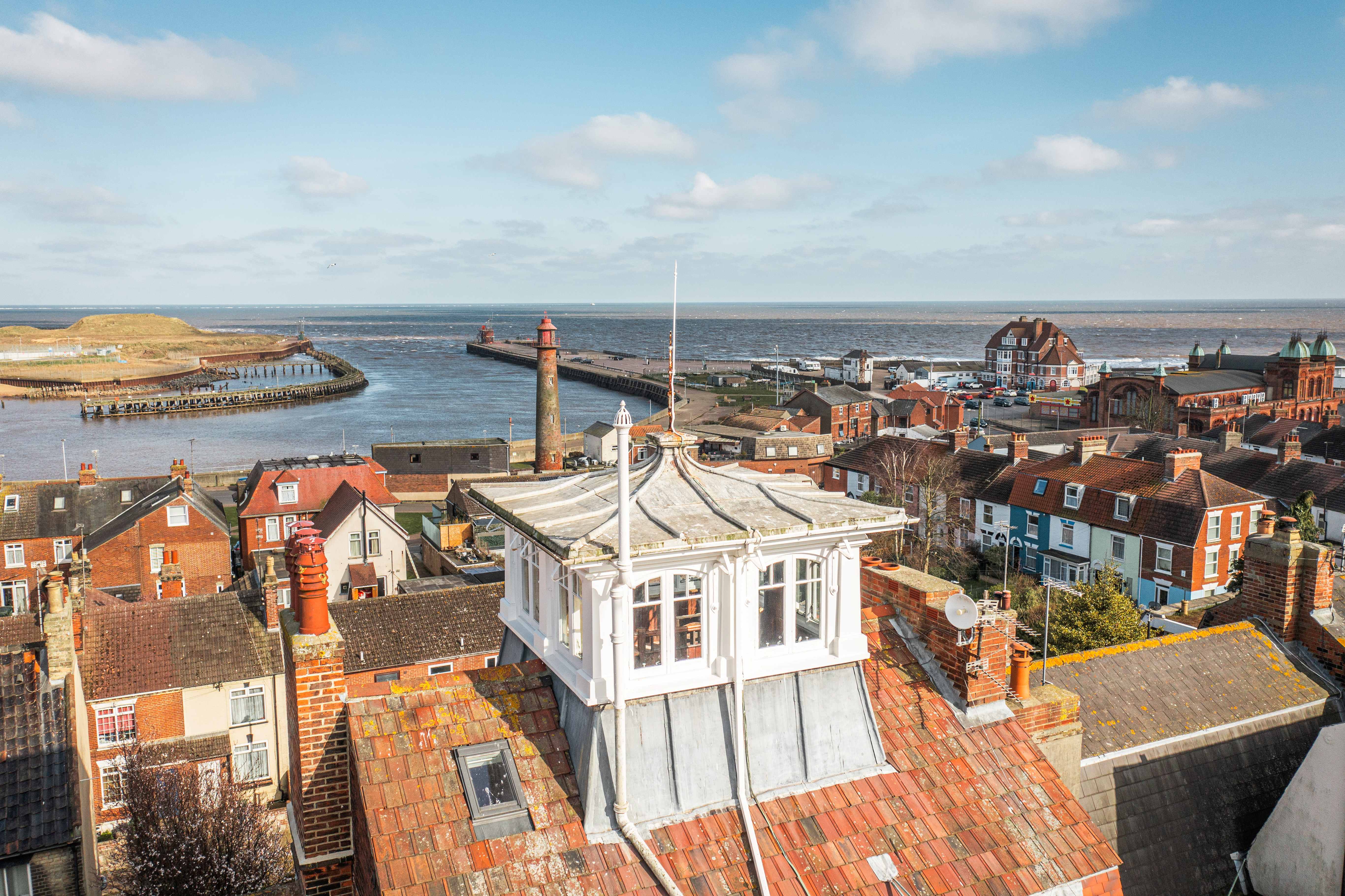 Sip tea and laugh at your neighbours in this seaside Norfolk home with a watchtower
Sip tea and laugh at your neighbours in this seaside Norfolk home with a watchtowerOn Cliff Hill in Gorleston, one home is taller than all the others. It could be yours.
By James Fisher Published
-
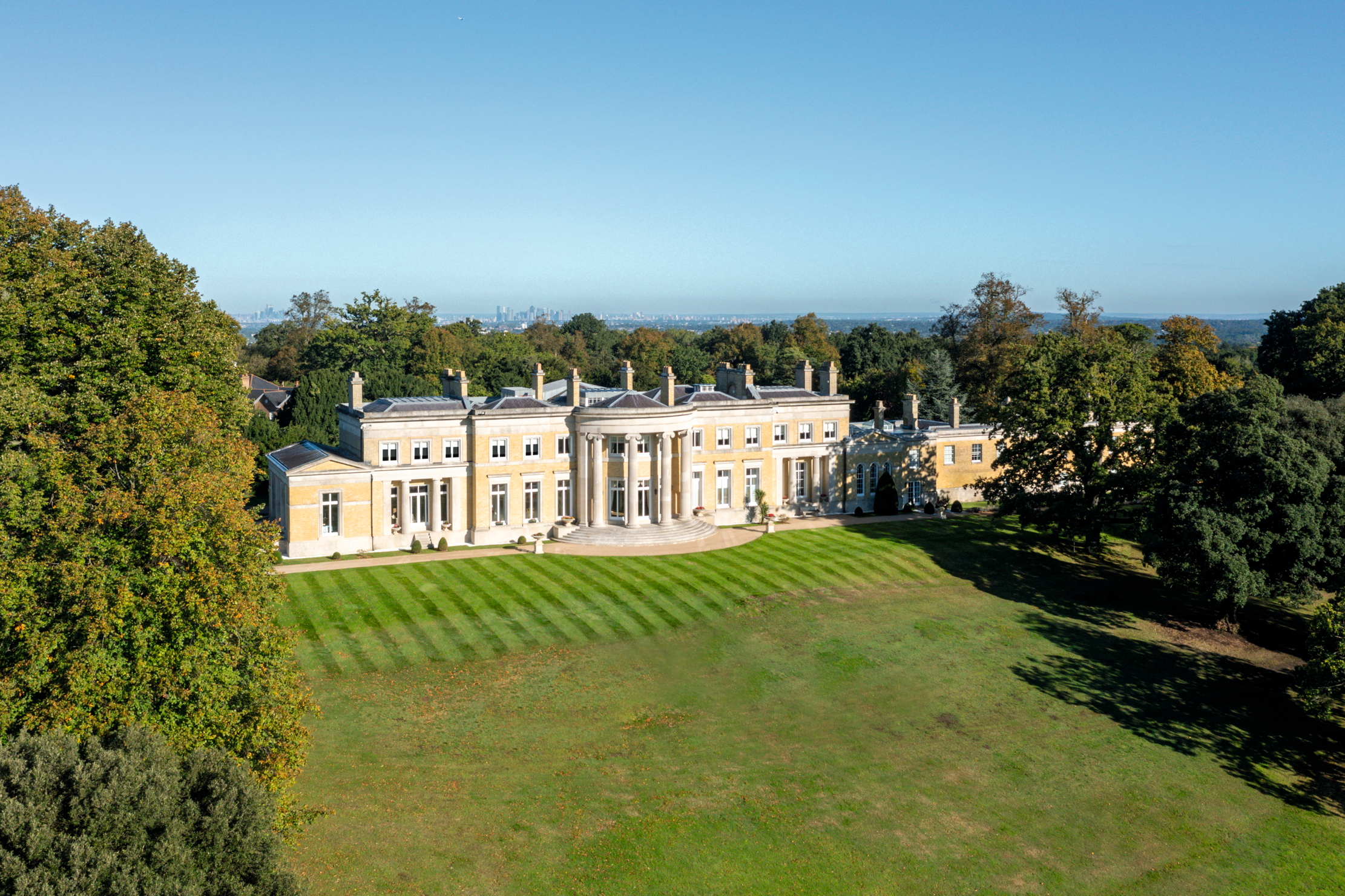 A Grecian masterpiece that might be one of the nation's finest homes comes up for sale in Kent
A Grecian masterpiece that might be one of the nation's finest homes comes up for sale in KentGrade I-listed Holwood House sits in 40 acres of private parkland just 15 miles from central London. It is spectacular.
By Penny Churchill Published
-
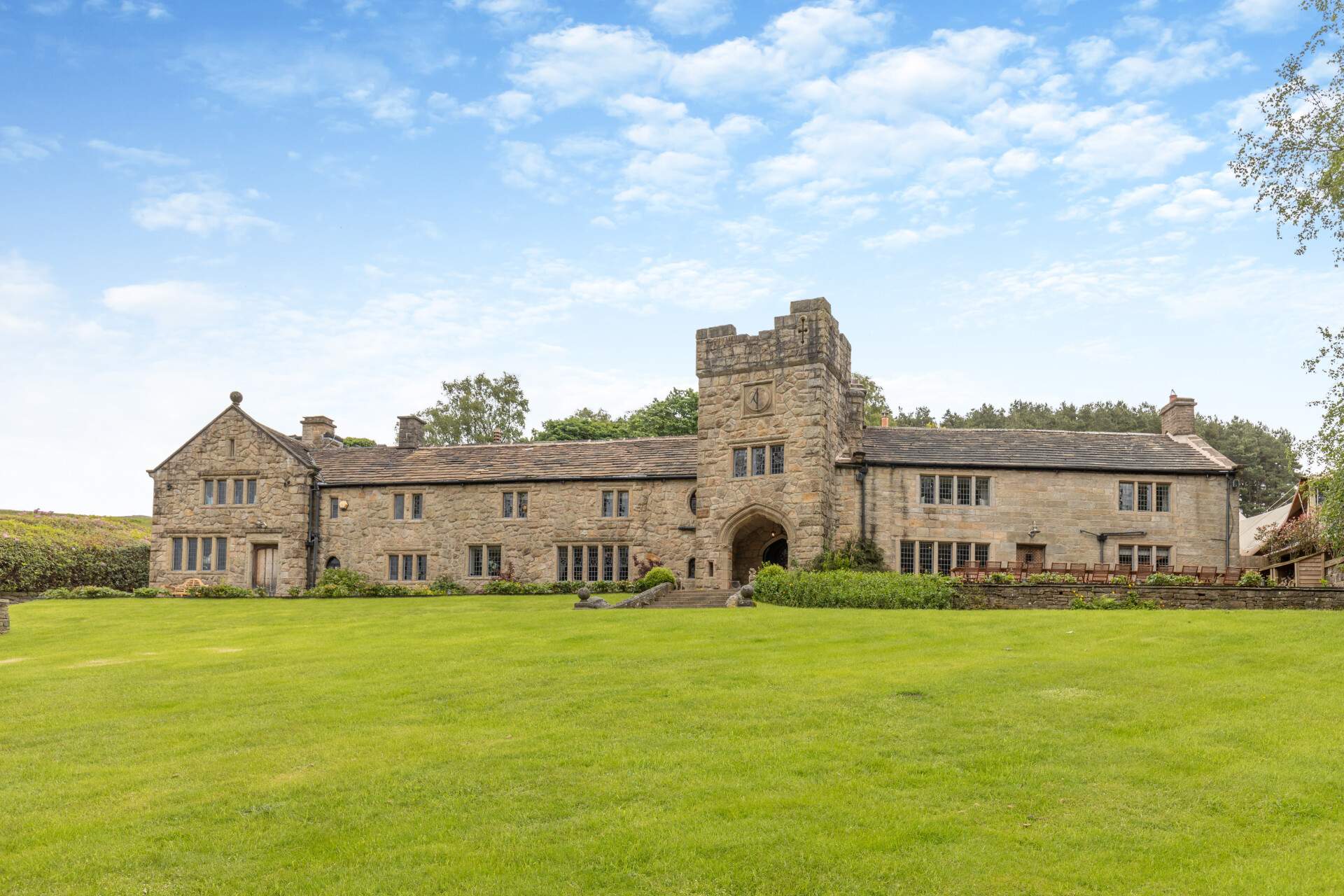 Some of the finest landscapes in the North of England with a 12-bedroom home attached
Some of the finest landscapes in the North of England with a 12-bedroom home attachedUpper House in Derbyshire shows why the Kinder landscape was worth fighting for.
By James Fisher Published
-
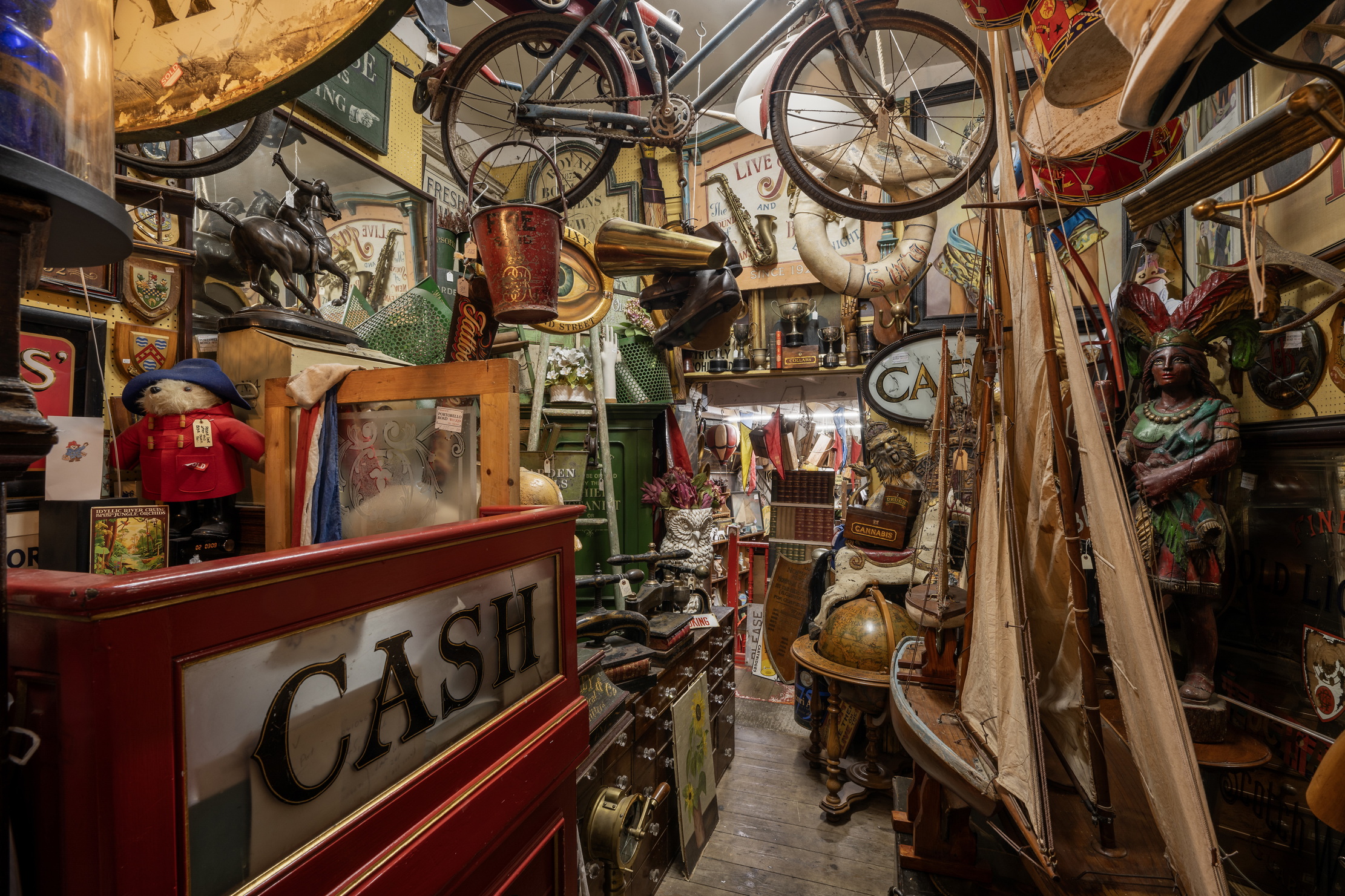 Could Gruber's Antiques from Paddington 2 be your new Notting Hill home?
Could Gruber's Antiques from Paddington 2 be your new Notting Hill home?It was the home of Mr Gruber and his antiques in the film, but in the real world, Alice's Antiques could be yours.
By James Fisher Published
